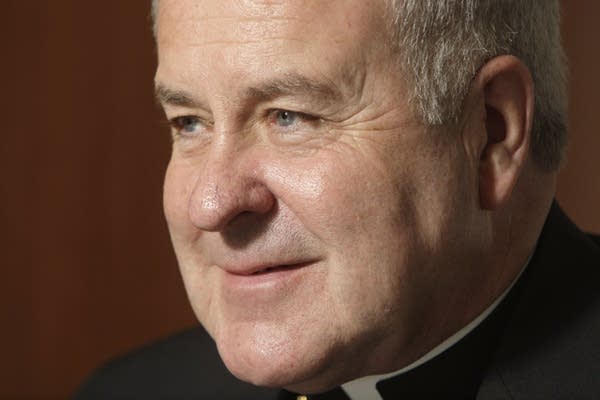St. Louis archdiocese: Reporting on deposition 'has impugned Archbishop Carlson's good name'

St. Louis Archbishop Robert Carlson served in the Twin Cities for 24 years. He rose to his current position in 2009.
AP/File 2009
Go Deeper.
Create an account or log in to save stories.
Like this?
Thanks for liking this story! We have added it to a list of your favorite stories.


